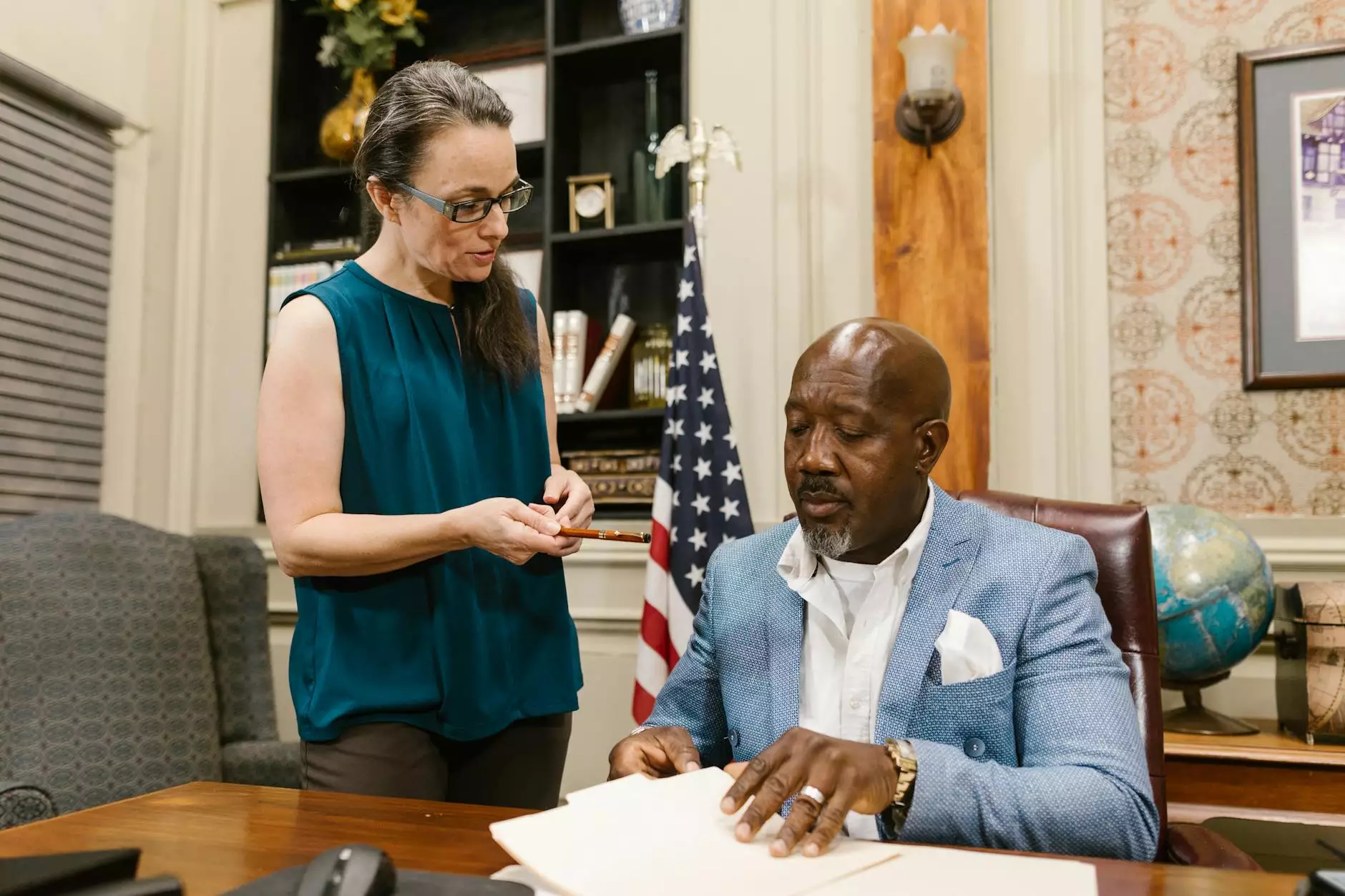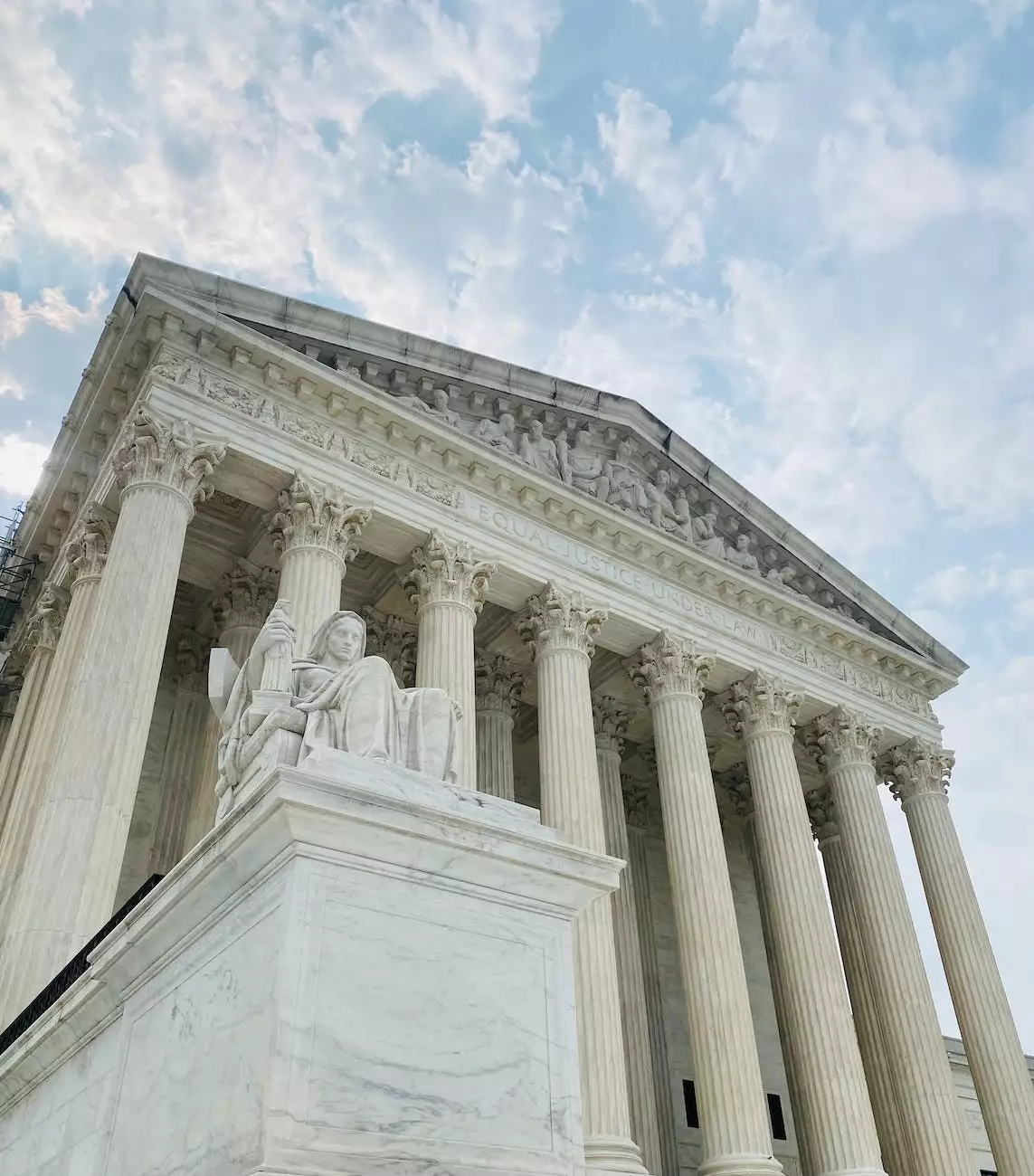The Use and Abuse of Power by Prosecutors (Justice for All)
Blog
Introduction
Welcome to The Skiendziul Law Firm, your trusted source of legal expertise in matters of justice and government. In this article, we explore the important topic of the use and abuse of power by prosecutors in the justice system. Prosecutors play a pivotal role in ensuring the fair administration of justice, but unfortunately, there are instances where their authority is misused. We shed light on the various forms of prosecutorial misconduct and provide insights into how justice can be upheld.
Understanding Prosecutorial Power
Prosecutors hold a significant amount of power within the legal system. Their role is to represent the government's interests in criminal cases, bringing charges against individuals accused of violating the law. The power they possess allows them to make critical decisions throughout the legal process, including the determination of which cases to pursue, the assessment of evidence, and the negotiation of plea bargains. While this authority is necessary for the successful administration of justice, it can also be susceptible to abuse.
The Forms of Prosecutorial Misconduct
Prosecutorial misconduct encompasses a range of improper actions or unethical behavior by prosecutors that can undermine the integrity of the legal system. Some common examples include:
- Withholding or tampering with evidence: Prosecutors have a legal obligation to disclose all relevant evidence to the defense. However, in some cases, they may intentionally withhold or manipulate evidence to secure a conviction.
- Using false testimony: Prosecutors may sometimes present witnesses or evidence they know to be false, deceiving the court and jeopardizing the rights of the accused.
- Engaging in discriminatory practices: There have been instances where prosecutors have exhibited bias based on race, gender, or other protected characteristics, leading to unjust outcomes.
- Abusing the plea bargaining process: Prosecutors have vast discretion in offering plea bargains. However, when this authority is abused, innocent individuals may be coerced into pleading guilty to avoid harsher sentences.
The Impact on Justice and Society
The consequences of prosecutorial misconduct extend far beyond individual cases. When prosecutors abuse their power, it erodes public trust in the justice system and casts doubt on the fairness of convictions. Innocent individuals can face wrongful convictions, while guilty parties may escape accountability due to tainted evidence or unethical practices. Ultimately, the abuse of prosecutorial power weakens the fabric of society and undermines the principles of justice.
Addressing Prosecutorial Misconduct
To mitigate the impact of prosecutorial misconduct, it is essential to hold prosecutors accountable for their actions. This can be achieved through robust disciplinary mechanisms within legal institutions and strict adherence to ethical codes of conduct. Additionally, defense attorneys and judges have a responsibility to identify instances of misconduct and ensure that appropriate remedies are pursued. Public awareness and support for reforms in prosecutorial practices also play a crucial role in fostering a fair and just legal system.
The Skiendziul Law Firm: Protecting Your Rights
If you or a loved one has been affected by prosecutorial misconduct, The Skiendziul Law Firm is here to help. Our experienced legal team specializes in cases involving injustice and prosecutorial abuse of power. We are dedicated to protecting your rights and advocating for fairness throughout the legal process. With our in-depth understanding of the complexities of criminal law, we will fight tirelessly to ensure that justice is served.
Contact Us
For a consultation or more information about how The Skiendziul Law Firm can assist you, please reach out to our team today. We are committed to providing the highest level of legal expertise and personalized attention to every client. Trust us to be your ally in the pursuit of justice in the face of prosecutorial abuse of power.
Disclaimer:
This article is intended for informational purposes only and should not be construed as legal advice. Consult with a qualified attorney for professional guidance tailored to your specific situation.










